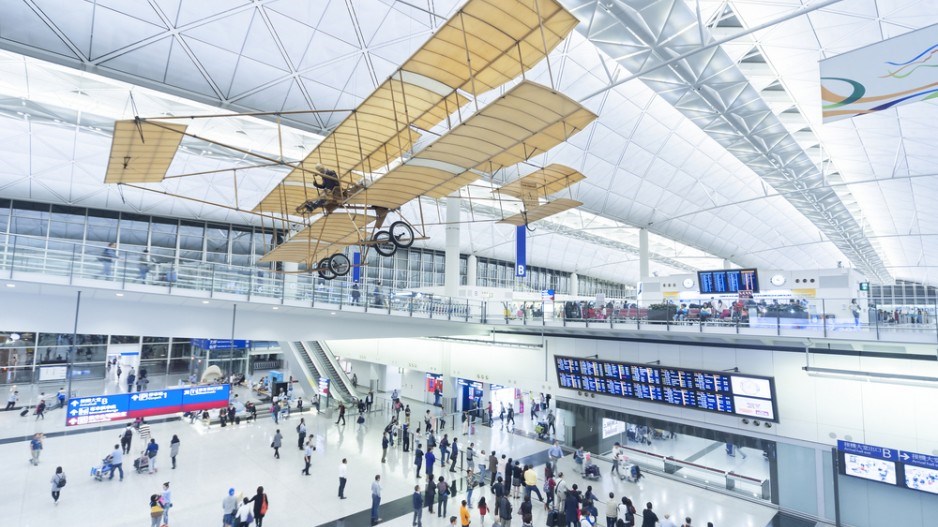Travellers on Hong Kong and mainland airlines should brace for extensive security checks of carry-on bags as the United States considers expanding its ban on laptops and other large electronic items to include all international flights.
Citing a “real sophisticated threat” from terrorists, US Homeland Security Secretary John Kelly on Sunday said Washington was looking to tighten airline security with added screenings of cabin luggage and by expanding the ban on electronic devices. He did not elaborate on the details of the potential worldwide ban, or what items would be prohibited.
The US government in March introduced restrictions on large electronic devices, such as laptops, on flights from 10 airports in the Middle East and North Africa. The UK implemented a similar ban for fewer countries. Affected countries conduct additional security checks of passengers’ carry-on luggage at the departure gate.
Aviation experts warned that Cathay Pacific Airways and state-owned mainland carriers could be among the most affected.
Clement Lai Ka-chi, who helped form Hong Kong’s Counter Terrorism Response Unit and was once in charge of the airport’s policing and security, said there needed to be “better X-ray machines” or passengers will face a much longer screening process.
People who try to avoid handing in their laptops would pose a greater security issue, Lai said.
The measures will be a major talking point at the International Air Transport Association annual meeting in Mexico next week. The association estimated that extending a laptop ban to Europe would cost travellers more than US$1 billion (HK$7.7 billion) in lost productivity, longer travel times and laptop rentals.
Airlines in countries affected by the US and UK bans have sought to resolve disruption issues by offering laptop rentals.
Hong Kong’s aviation authority said it was closely liaising with the US Transportation Security Administration, while Avseco, the airport’s security contractor, said it had not received any guidance on implementing enhanced security measures.
“We are always prepared to provide enhanced or additional security services as and when required by the authorities,” a spokesman said.
With as many as 6,300 flights from Asia to the United States every month, 1.8 million travellers could be affected, according to aviation news site Flight Global. United Airlines and Delta Air Lines, which operate the most flights, stand to lose the most.
But as a major provider of premium seating, such as business class, Cathay Pacific’s earnings could be significantly affected, according to Flight Global’s Asia managing editor Greg Waldron.
“For Singapore Airlines and Cathay, if such a ban occurs it could make a dent in their premium bookings, which would probably show up in their earnings given the razor-thin margins that prevail in the industry,” he said.
CAPA Centre for Aviation analyst Will Horton said the ban would be problematic for passengers on Chinese airlines, which do not allow the use of mobile phones even in flight mode. “Chinese airlines may not allow passengers to use any electronic devices on flights to the US if the ban is extended to Asia,” he said.
Read the original story on the South China Morning Post




